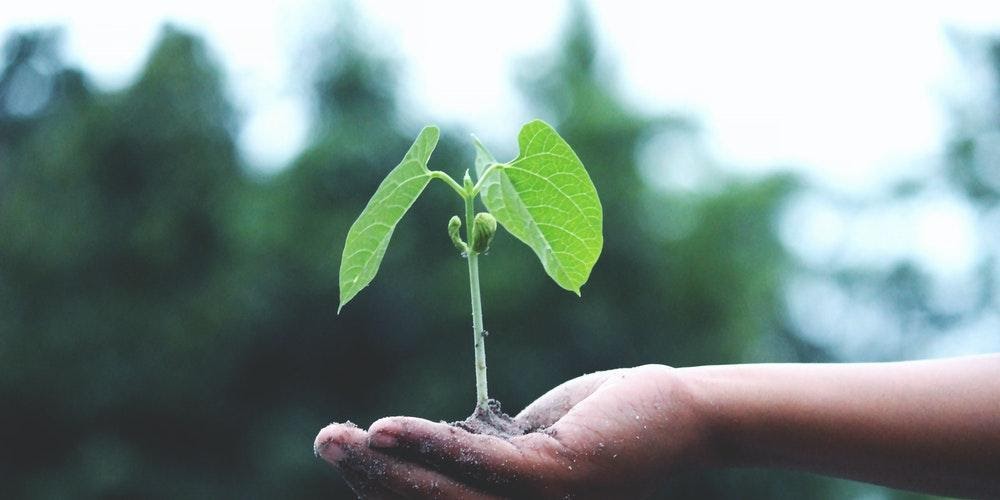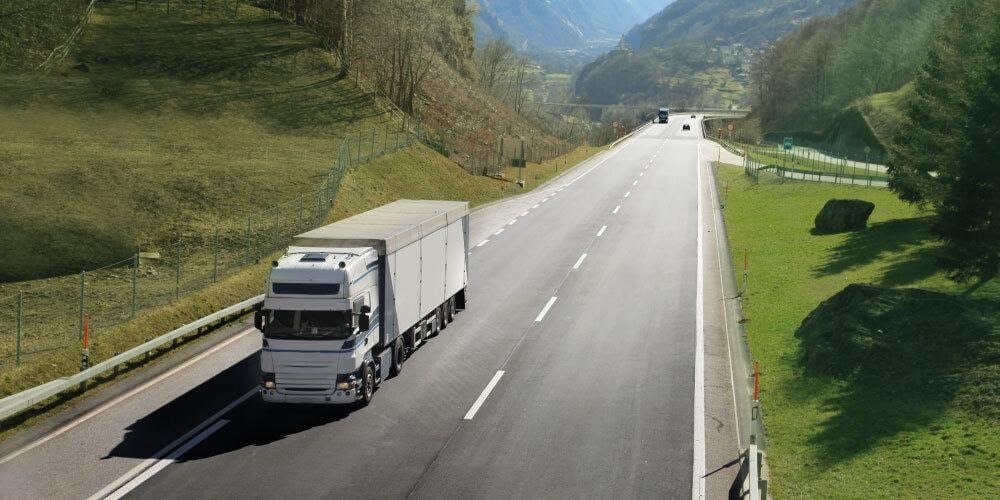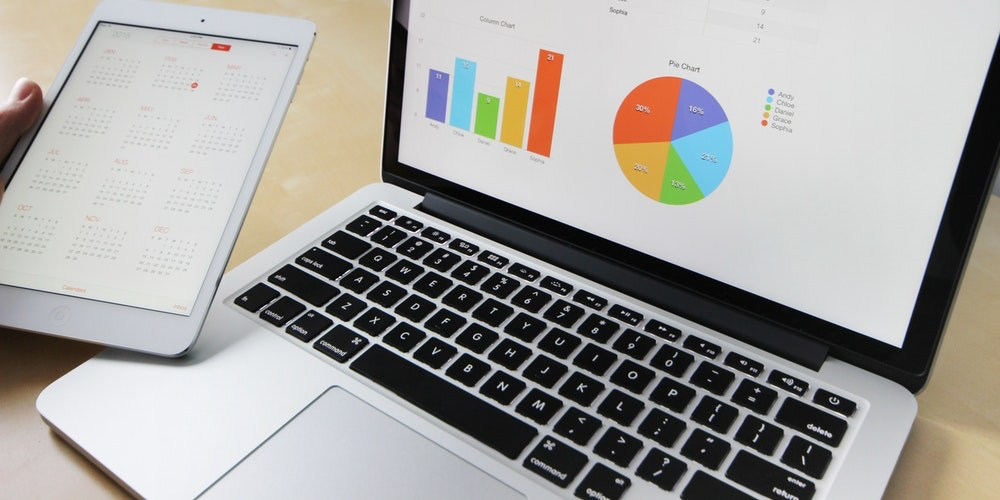
To protect the planet is a universal goal. This is how the United Nations have addressed it in their sustainable development goals, considering actions for the climate are fundamental. Organizations like the World Meteorological Organization (WMO), estimate there’s still a lot to be done as concentrations of CO₂ (one of the major greenhouse gases) have increased in 2020 and are likely to continue rising in 2021.
With our planet’s future in mind, Akzent’s commitment stands on the use and promotion of materials that preserve the environment to achieve further sustainability. Let’s find out how environmental packaging notably reduces environmental impact and what are the advantages of using this type of packaging.
Non-recyclable plastics: a threat to the environment
Non-recyclable plastic products have a really slow degradation process. A plastic bag is estimated to take 150 years to disappear, whereas a PET bottle can be fully degraded in 1,000 years, so how harmful is the longevity of these plastics to a sustainable environment?
Some foundations assert that plastic represents a large percentage of debris at sea. This surely makes a negative impact on the environment affecting sea marine biodiversity, fishing −as an activity for human consumption− and tourism.
Using recycled materials is an ecological solution
By reusing plastic materials, we contribute to reducing their litter potential in seas and other aquifer sources. Besides, using recycled products helps minimize energy and fossil fuel consumption and eventually gas emissions like CO₂.
On that note, recycling contributes to lessening the greenhouse effect resulting from global warming. As a result, environmental impact will lower, reflecting how much a company does care for the planet firsthand by taking on this commitment.
Reverse logistics: to what extent does it help the environment?
Reverse logistics is a logistics strategy to collect and recover disposed of materials aiming to reuse them to the greatest extent possible; when it’s impossible to do so, waste can be taken to special facilities or recycling centers.
Concerning containers, they’re usually reused in the logistic process. Once they have concluded a shipping cycle, they can be collected to be reused all over again.
Depending on its present state, plastic or cardboard packaging can be recycled to produce new forms of packaging using the pre-existing raw materials of the previously disposed of materials.
This working model creates environmental responsibility as it responds to our clients’ natural wish to preserve the environment. In addition, these initiatives are aligned with the sustainability commitment set out in the Paris Agreement, which can also boost the reputation of companies and organizations that use and support these actions.
Akzent and GreenPrint working hand in hand
Akzent recently partnered with GreenPrint, one of the world’s major companies in environmental technology. With this close partnership, GreenPrint will be in charge of evaluating and offsetting the emissions of the entire logistics operations involved in Akzent's air, land, and sea processes.
It’s worth pointing out that GreenPrint has various ecological business solutions, one of which is the responsible and emission-free manufacturing of product packaging and packing.
All of this makes Akzent a pioneer Mexican company in providing a logistics transport service that neutralizes its carbon emissions, showing its determination to advocate for environmental sustainability.
At Akzent, we’re striving for a noble goal: to promote positive climate change. Together with GreenPrint, we’re certain we can successfully neutralize our operations’ impact thanks to our Akzent Zero program. Reach out and be part of this initiative. Join us in this endeavor towards change, and connect each move responsibly!
Related










